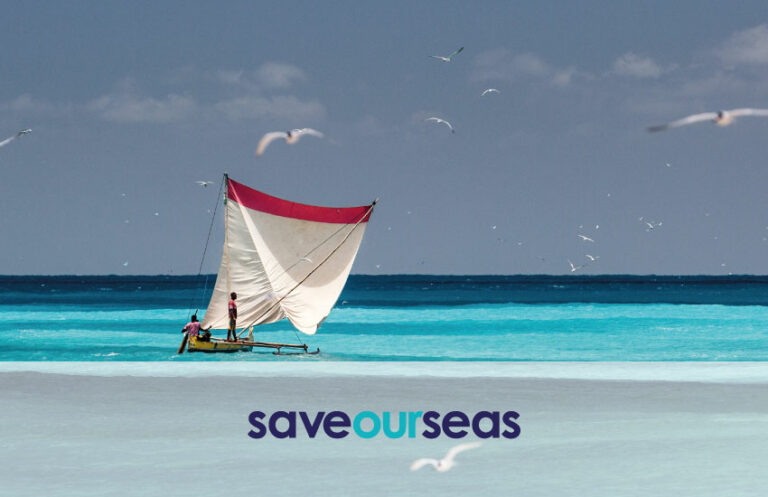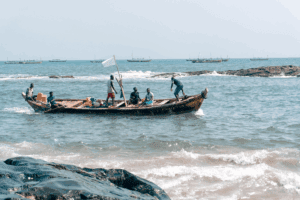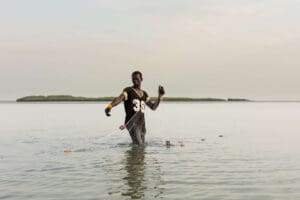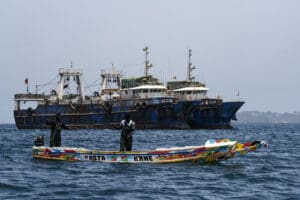In the 7th issue of the Save Our Seas Magazine, Alasdair Harris speaks about the importance of living “with and within communities” when it comes to devising models for marine conservation.
“Sadly, the prevailing paradigm in conservation today is that our industry is still largely dominated by science and it often pays no more than lip service to recognising the importance of engaging with the people who depend on the sea,” explains Alasdair. “The fact that the vast majority of the world’s marine protected areas are failing is a sobering reminder of their poor design and their failure to understand or address local needs.”
When asked about his formula for successful conservation in small-scale fishing communities, Alasdair points to a few key ingredients.
“In many ways, conservation works best where there is still that local ecological connection that comes from living in proximity to nature,” he says. “These are the areas we look for – where conservation benefits can be seen and understood, and where our very limited resources will get the traction they need to have a hope of enduring.”
Once those communities have been identified, conservation success depends largely on building compassionate, sustainable relationships and an attitude of mutual respect between organisations and communities.
Read the full article here: Hearts, minds – and stomachs
Read more from Blue Ventures in Save Our Seas Magazine: Octopus’s garden in Madagascar


















